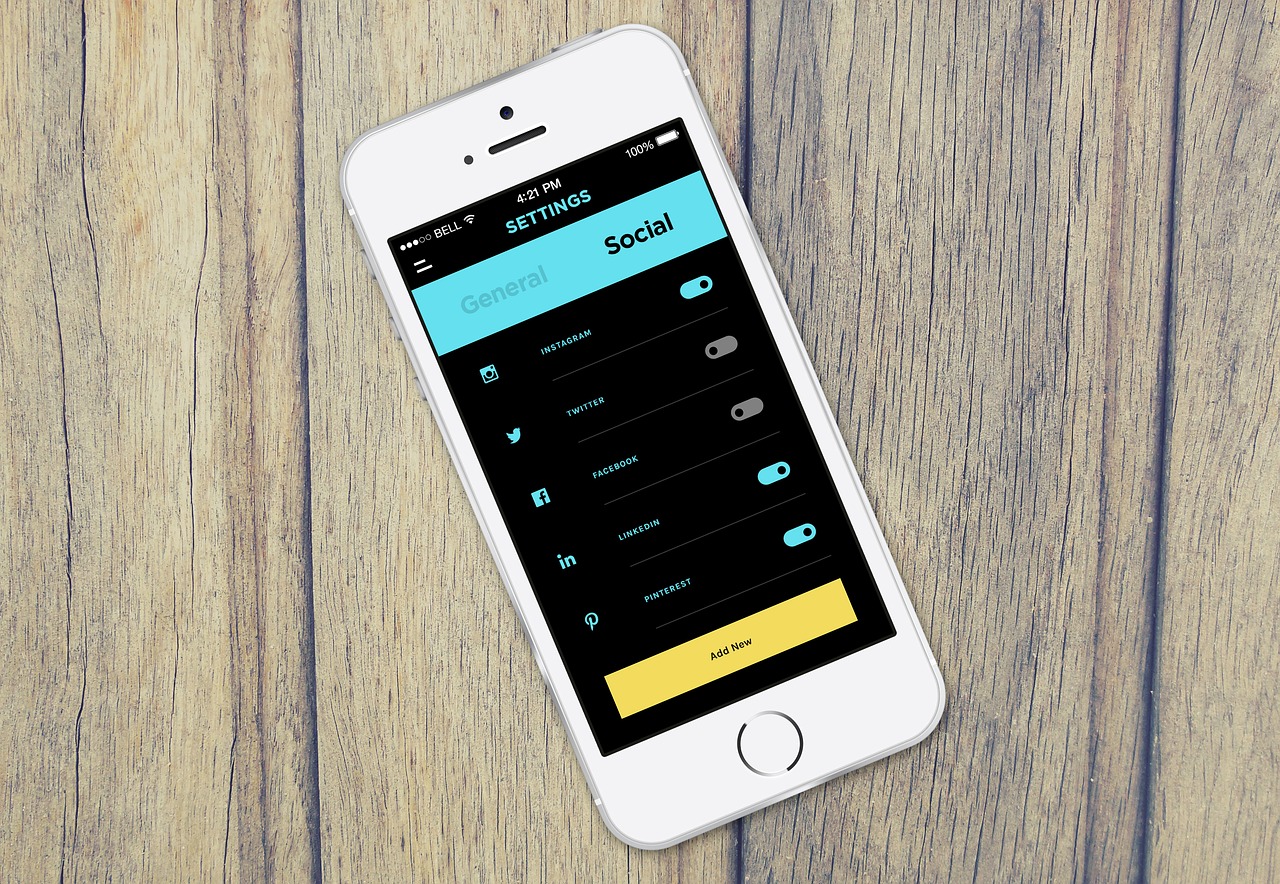Many of us have been spending more time on our smartphones than usual over the last few months. For example, you might be using your device to work from home during the COVID-19 pandemic. As a result, it’s probably storing an increased amount of personal data, not to mention more than a few new apps.
In this case, now might be a good time to do a check-up of your app permissions. Read on for a closer look at what app permissions are, why they matter, and how you can manage them.
What are app permissions?
In order for apps to function properly, they typically need some degree of access to the personal data stored on your phone. For example, it’s easy to see that a text messaging app isn’t much use unless it has access to your contacts, or that a map app can’t give you effective directions unless it knows your current location.
However, apps can’t just tap into this kind of data without asking. That would be a violation of your privacy. App permissions, therefore, refers to the process in which apps make a request for data access, which you can then choose to grant or deny.
Why is it important to understand app permissions?
These days, we can use our smartphones for just about any task imaginable, from paying bills to scheduling meetings to sharing photos with friends. As a result, these powerful devices store a huge amount of sensitive data about us. This data must be properly protected in order to prevent identity theft and other problems.
You wouldn’t let random strangers come into your house and snoop through all your drawers and cupboards. Similarly, you don’t want any and all app developers to be able to poke around in all the personal information on your phone (and possibly share that information with third parties, including advertisers). Like a house key that you only give to trusted friends and family, app permissions are one of the tools you can use to prevent unauthorized access to your data.
Of course, this doesn’t mean that apps shouldn’t have any access to your personal data. As mentioned earlier, many apps need a certain amount of access in order to do their job properly. The real trick here is making sure that you grant appropriate apps permission to access only what they need, and nothing more.
Unfortunately, it’s not uncommon for some apps to request access to data that is well beyond their scope, purely for the purposes of gathering as much information as possible about you. At the same time, many users are accustomed to granting app permissions immediately, without taking the time to properly review exactly what the app is asking to access.
It’s not hard to see that this combination—apps overreaching themselves and users approving permissions automatically—can lead to some serious privacy concerns. This is why understanding app permissions is so important.
What types of data do apps commonly want to access?
When you download a new app, here are the data requests you’ll want to pay particularly close attention to:
Microphone
Apps like voice recorders will naturally need access to your smartphone’s microphone, but few other apps should. If a malicious app has microphone access, it could have the ability to record and store your private conversations, or to listen to what’s going on around you via content recognition software and build a more detailed advertising profile of you.
Camera
As with your microphone, it’s easy to see why it could be dangerous if a malicious app has access to your camera (for example, the app could take and share pictures of you at any time). In general, camera access should be granted only to apps that have an obvious in-app camera function.
Location
While your general location can be easily identified via your IP address, it’s still a good idea to limit location data access to apps, such as map apps, that clearly need it. Many other apps, including free games and flashlight apps, have been known to request location access and then send this information to advertisers.
Contacts
It’s especially important to be careful with app permissions dealing with your contacts because, in this case, you’re potentially exposing others’ sensitive data, not just your own. Phone and messaging apps are among the few apps that legitimately need access to your contacts; again, apps like games do not require this information.
How can I manage app permissions?
The good thing about app permissions is that you can always change your mind about a previous approval or denial. You can also review the permission status of different apps at any time.
To do this on Android, visit the App Permissions section of the Apps & Notifications menu (found in your Settings). In iOS, go to the Privacy section of your settings and select a permission type, such as Camera or Location, to see which apps currently have access to it.

